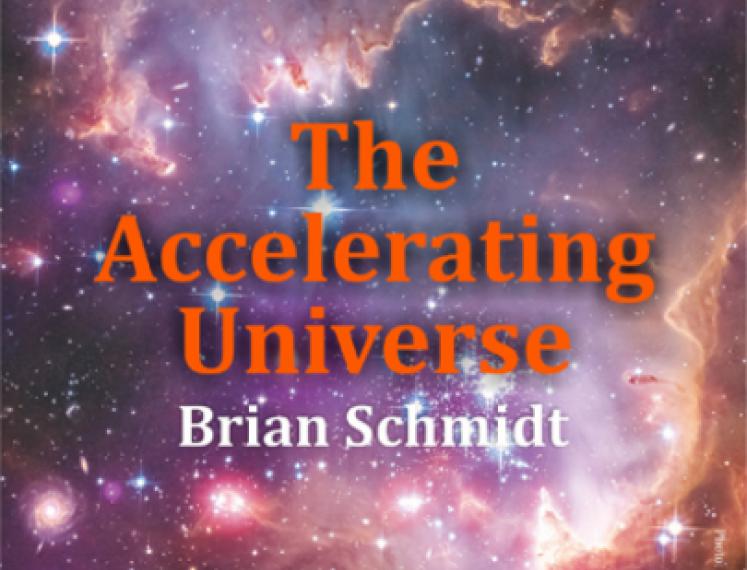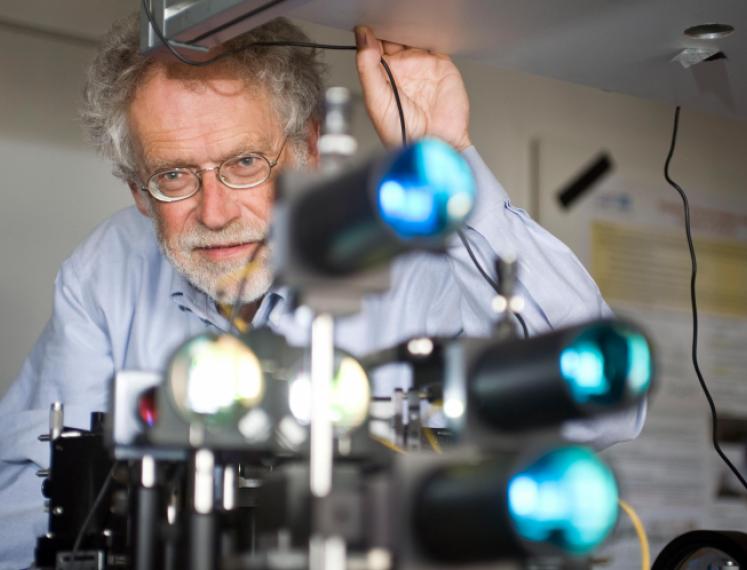The Accelerating Universe
The 2011 Nobel Laureate for Physics Brian Schmidt will describe the discovery of the accelerating expansion of the universe and explain how astronomers have used observations to trace our universe's history back more than 13 billion years.
In 1998, two teams traced back the expansion of the universe over billions of years and discovered that it was accelerating, a startling discovery that suggests that more than 70 percent of the cosmos is contained in a previously unknown form of matter, called Dark Energy. The team's observations were contrary to the current theory that the expansion of the Universe should be slowing down. By monitoring the brightness and measuring the redshifts of the supernovae, they discovered that these billion-year old exploding stars and their galaxies were accelerating away from our reference frame.
The 2011 Nobel Laureate for Physics Brian Schmidt, leader of the High-Redshift Supernova Search Team, will describe this discovery and explain how astronomers have used observations to trace our universe's history back more than 13 billion years, leading them to ponder the ultimate fate of the cosmos.
Brian Schmidt is a Laureate Fellow and Distinguished Professor at The Australian National University. Schmidt received undergraduate degrees in Astronomy and Physics from the University of Arizona in 1989, and completed his Astronomy Master's degree and PhD from Harvard University. Under his leadership, in 1998, the High-Z Supernova Search team made the startling discovery that the expansion rate of the Universe is accelerating, work that earned him the 2011 Nobel Prize in Physics. Schmidt is Fellow of the Australian Academy of Science, The United States Academy of Science, and the Royal Society, he was made a Companion of the Order of Australia in 2013.
The KNG, the Royal Physical Sciences Society (founded in 1801) organizes, in co-operation with Studium Generale Groningen, the J.C. Kapteyn-lecture for a wide audience. The lecture is named after the renowned astronomer Jacobus C. Kapteyn (1851-1922), the first Professor of astronomy at Groningen University and for many years a member of the Board and chair of the scientific lectures chapter of the KNG.
Interesting links:
Website Australian Academy of Science - Interview Brian Schmidt
Wikipedia - Brian Schmidt
YouTube - Brian Schmidt at TEDxSydney
YouTube - Physics Nobel prize 2011






